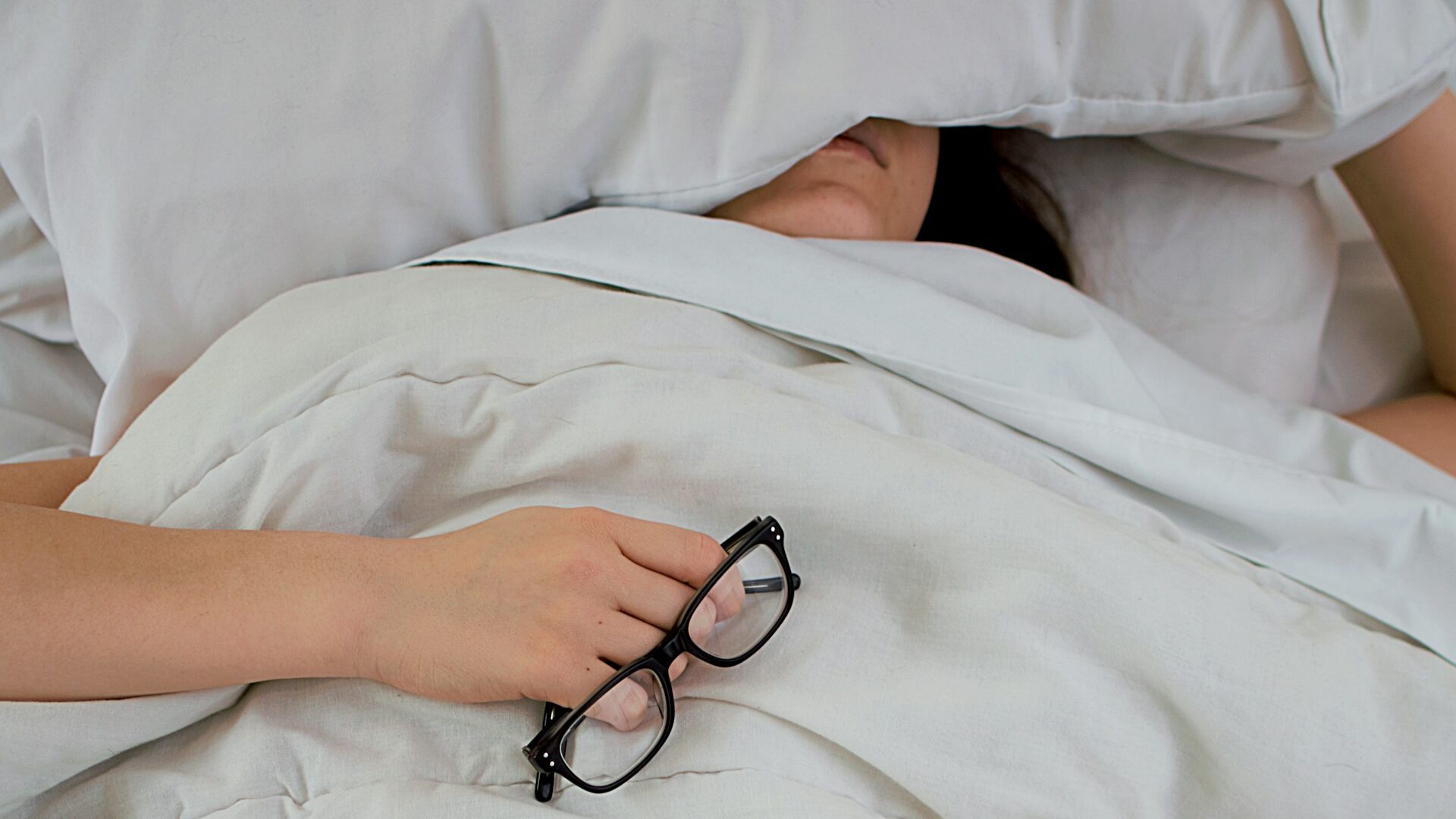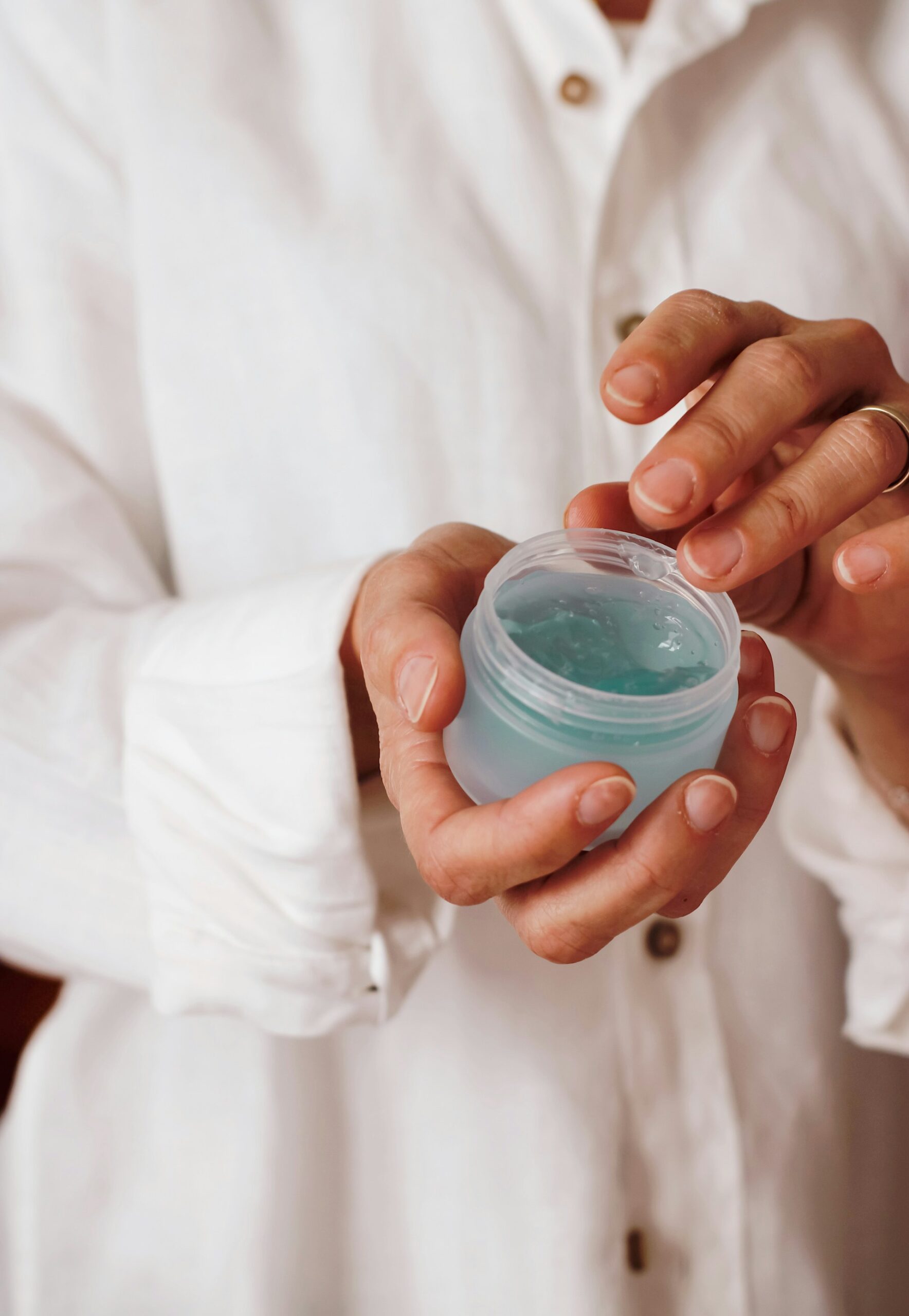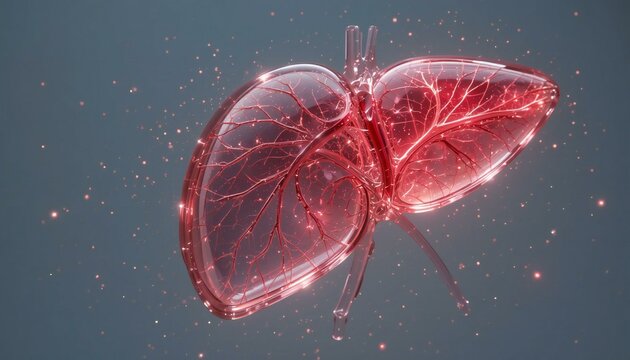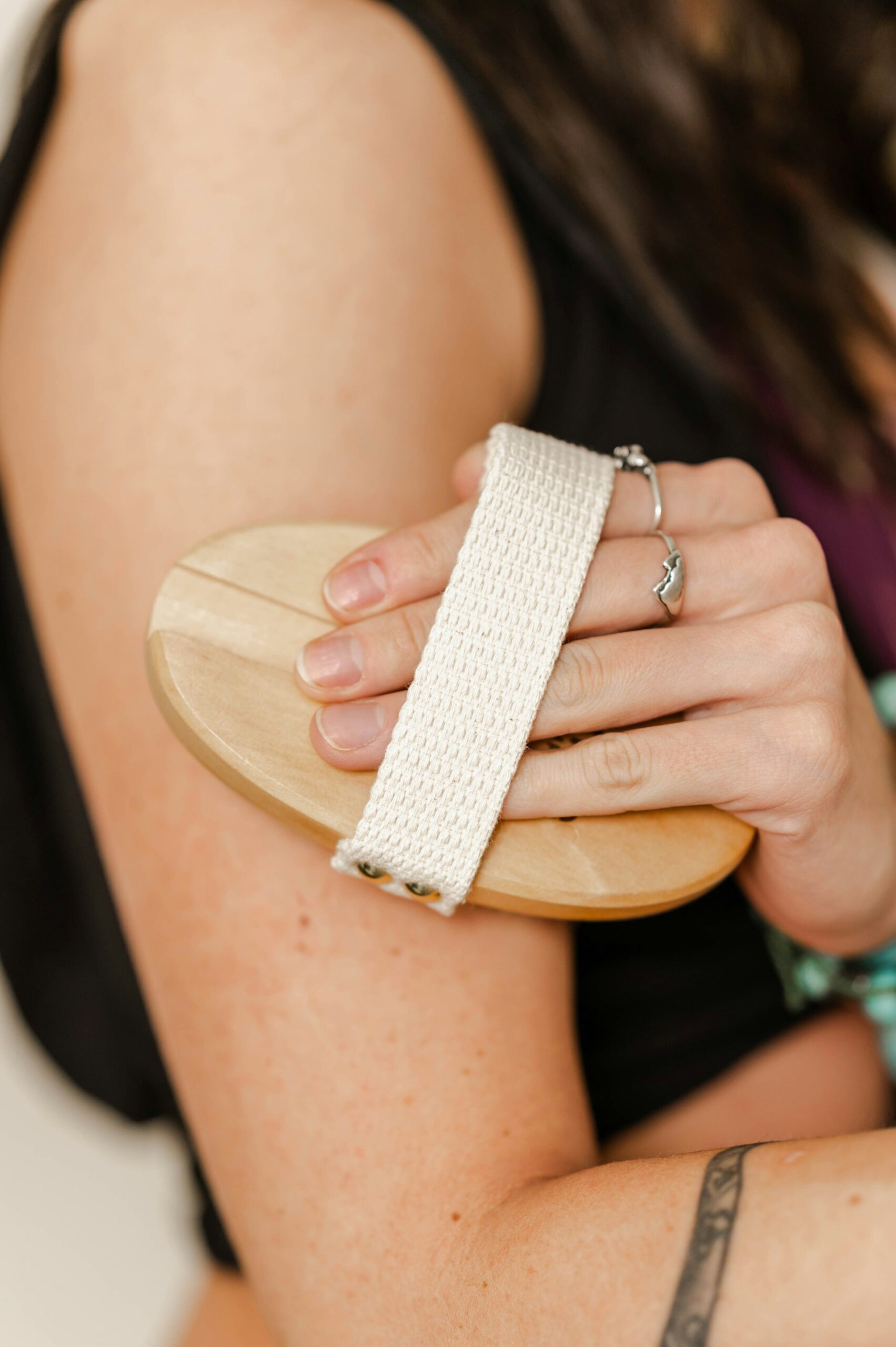In this article, I am going to share three lifestyle changes I made in my acne journey that made the difference for my skin. Acne, especially hormonal acne, is not primarily a skin problem. Harshly fighting against your skin to clear it will only aggravate your skin more. You have to find the root of the problem – and I am here to help you!
I spent several months trying the latest and harshest topicals and creating multi-step skincare routines. In the end, my skin barrier was severely damaged, I was exhausted from fighting so hard, and I had spent way too much money trying to fix something that was not the root of the problem.
Tired of fighting, I began to dig deeper. First, I became aware of my chronic stress, and actively started to limit it. Second, I adjusted my diet to the necessary foods my body needed to heal. And last, I made sleep a priority, crafting a wind-down routine that puts me to sleep within minutes.
You don’t have to fight your skin, because acne is not the root issue. Acne is the body’s way of crying for help about deeper, unseen problems. I’m here to help you understand some of the common deeper issues, and how I addressed them, making the difference for my skin.

Limit Your Stress: Practical Strategies to Restore Peace of Mind
Stress can come from many different sources. You may have unreasonable work pressures, relationship issues, or deep-set emotional trauma from years gone by that your body still remembers. Identifying your root cause of stress is the first step to managing it.
Many of us hold on to traumatic events without realizing it. Our body is not made to hold those emotions without dealing with them. If you are working through emotional trauma from your past, seek professional help through therapy or support groups. For more tips on how to restore your emotional health after trauma, check out my post on Emotional Trauma Recovery. Please do not hesitate to reach out if you’d like support on your journey!
Long-term stress can have serious consequences on both your mental and physical health. It can lead to anxiety, depression, sleep disturbances, and even chronic conditions like high blood pressure or heart disease. Stress will keep your nervous system in an active fight-or-flight mode, and not allow your body the necessary rest state to reset and repair.
If you are serious about healing your skin, you will need to make a few serious lifestyle changes. Some of these changes will be taking an honest look at your life and removing yourself from situations that are keeping you stressed. This doesn’t mean you need to become a hermit, but while your body is healing you need to make rest a priority.
I have a hard time sitting still. I get antsy when my calendar is not filled, and feel like my life is passing me by if I’m not constantly on-the-go. This mindset translated to my skincare. I thought that the only way to clear my skin was to fight the acne with aggressive routines and new products. But when I began to understand the deeper issue of my stress, I started seeing rest as an action.
- Identify your stressors and set boundaries.
- Limit evening commitments to create downtime.
- Engage in relaxing activities, like taking a walk or grocery shopping.
One of my favorite de-stressing activities is going grocery shopping. Around the beginning of my health journey, I found a cute little grocery about 15 minutes from my home, and made shopping a weekly adventure. This activity not only helped to manage my stress, but helped me have the time to purchase fresh fruits and vegetables, which was important with my newly adjusted diet.

Adjust Your Diet: Fuel Your Body with Healing Foods
At the worst of my acne, I noticed my skin would get considerably worse a few hours after eating dairy, specifically ice cream. As hard as it was to eliminate that, I was determined to do what I needed in order to help clear my acne. In addition, I soon stopped eating all gluten and processed sugars. For several months I ate a balanced diet of raw fruits and vegetables, red meat and chicken, and legumes. Not only did my skin eventually calm down, but my digestion also improved. I felt lighter and less bloated, and had more sustained energy through the day.
Acne is almost always a sign that there is something wrong inside. Your digestive system and nervous systems can’t talk to you and let you know that they need help, but they can show you on your face. The biggest change happened for me when I stopped trying to fix my skin and started listening to what it was trying to communicate. Chronic stress affects your digestion, which backs up your system and causes food sensitivities. Most of the time, you will not realize the damage done inside until your skin breaks out in an effort to communicate.
When your systems are hurting or on the road to healing, your digestion can’t handle a lot of extra work. The more processed and complex the food, the more work it becomes for your digestive system. Complex foods include dairy, processed gluten, and processed sugars. Your small intestine is responsible for breaking down the complicated food types before they enter into the colon. However, if your body is busy trying to heal, it will not break the food down enough before it is moved to the colon, causing a backup in your system.
In order to encourage your body to heal, feed yourself things that are easy for your body to digest.

- Prioritize Fresh, Whole Foods
- Fruits and Vegetables: Aim to fill half your plate with a variety of colorful fruits and vegetables. These provide essential vitamins, minerals, antioxidants, and fiber that move your digestion along and promote overall health.
- Whole Grains: Opt for whole grains like quinoa, brown rice, oats, and barley instead of refined grains. They contain more fiber and nutrients, which help regulate blood sugar and improve digestion.
- Lean Proteins: Choose whole food protein sources such as grass-fed meat, wild-caught fish, eggs, legumes, nuts, and seeds. These options provide high-quality protein and healthy fats without the additives found in processed meats.
- Limit Processed Foods and Sugars
- Avoid Highly Processed Snacks: Processed snacks and packaged foods often contain added sugars, unhealthy fats, and artificial ingredients that can harm your health. Stick to whole, unprocessed foods as much as possible.
- Watch Out for Hidden Sugars: Many packaged products, even ones that seem healthy, contain hidden sugars. Always check ingredient labels for terms like “high-fructose corn syrup,” “sucrose,” or “honey” and choose foods with little or no added sugar.
- Learn to balance your blood sugar: eat at the right time, with the right balance of fibers, fats, and protein. More information on balancing your blood sugar can be found in my post Balancing Your Blood Sugar.
- Cook at Home as Much as Possible
- Control What You Eat: Cooking at home allows you to control the ingredients in your meals. It’s easier to avoid added sugars, unhealthy fats, and excessive salt when you prepare your own meals using whole, fresh ingredients.
- Try New Recipes: Experiment with new recipes to keep your meals exciting and varied. Cooking with fresh herbs, spices, and different types of produce can help you enjoy the process of eating clean and whole.
Adjusting your diet is not about perfection, but about making more mindful and nutritious choices every day. By focusing on whole, minimally processed foods and reducing your intake of refined sugars and processed snacks, you can improve your health, energy, and overall well-being. Start small, make gradual changes, and embrace the journey toward healthier, happier living!
Just as the foods we consume play a vital role in our overall health, so too does the quality of our sleep—another essential part of well-being that deserves our attention.

Prioritize Your Sleep: Allow Your Body to Rest and Repair
Our lives are made up of action and rest. As important as it is to make choices and take action for your health, it is equally important to give your body a chance to rest. During rest periods your body makes the necessary repairs and resets for the next day. If your body is chronically stressed, you will not be able to rest. If your digestive system is overburdened and backed up, your body will have a hard time resting and repairing. All of your health works together like a symphony, when one instrument is off, it throws the whole orchestra off, and soon you’re not able to tell who is right and who is wrong.
Getting good sleep is crucial for overall health and well-being. Here are some compelling reasons to prioritize quality sleep:
- Physical Health
- Boosts Immune Function: Adequate sleep strengthens your immune system, making it easier to fight infections.
- Weight Management: Sleep affects hormones that control hunger and metabolism, helping to prevent weight gain.
- Enhances Mental Health
- Reduces Stress: Sleep lowers cortisol levels, reducing feelings of stress and anxiety.
- Supports Emotional Regulation: Quality sleep helps manage emotions, lowering the risk of mood swings and depression.
- Increases Cognitive Performance
- Improved Concentration: Sleep enhances focus, attention, and problem-solving skills.
- Well-rested individuals are more efficient, creative, and better at decision-making.
- Improves Skin Health
- During sleep, the body repairs skin cells, leading to a healthier complexion and fewer signs of aging.
5. Supports Hormonal Balance
- Sleep regulates hormones such as insulin, cortisol, and those responsible for growth and reproduction. For a guide to understanding your hormones, check out my post A Beginner’s Guide to Understanding Your Hormones.

Getting better sleep often requires a combination of habits and environmental adjustments. Here are some practical tips:
- Create a Relaxing Pre-Sleep Routine: Engage in calming activities, such as reading, meditation, or taking a warm bath, 30–60 minutes before bedtime.
- Limit Screen Time: Avoid screens (phones, tablets, TVs) at least an hour before bed.
- Use Your Bed for Sleep Only: Avoid working or watching TV in bed to reinforce the association between your bed and sleep.
- Darkness: Use blackout curtains or an eye mask to block light.
- Quietness: Use white noise machines or earplugs if your environment is noisy.
Take Action Toward Clearer Skin
If you are tired of fighting your skin, start to dig a little deeper into your health. Take a look at your stress, and actively try to limit what stress you allow in your life, especially as you heal. Adjust your diet, and feed your body foods that will encourage your body to heal faster. And make sleep a priority so your body has time to rest and make repairs at the end of each day.
Clear skin is more achievable than you think! It is in your future! See these changes as more than a trend or a phase, make these changes to your lifestyle, and you will see your skin improve. You do not need to follow everyone’s advice perfectly, but take purposeful action to limit stress, eat whole food, and prioritize sleep. Your skin will thank you, and so will the rest of your body!
Let’s start this journey together! Share your thoughts, ask questions, or add your perspective in the comments below.




